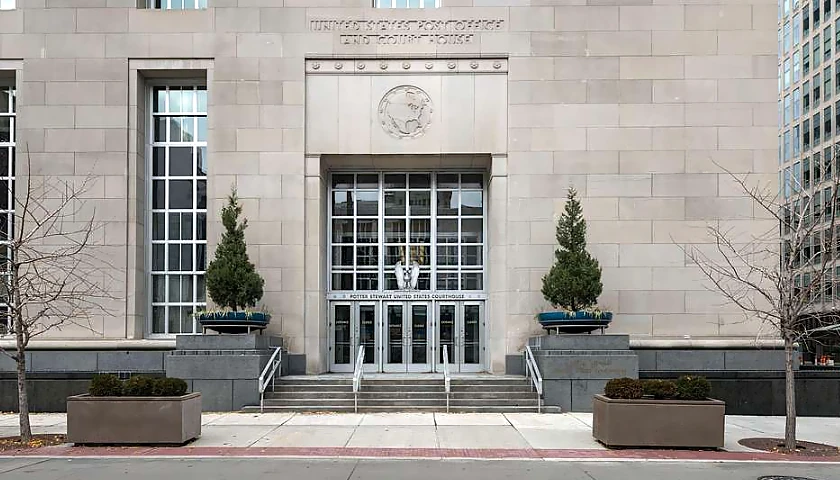by JD Davidson
Ohio’s prohibition on foreign money supporting statewide issue campaigns is back after being put on hold in a nearly month-long delay.
The 6th U.S. Circuit Court of Appeals lifted a federal trial court’s stay that was put in place in late August, leading the way for the state to enforce the ban the Republican-majority Legislature put in place in May as part of a plan to assure President Joe Biden would be on Ohio’s ballot in November.
“This is a win for Ohioans who believe our elections shouldn’t be decided by foreign billionaires trying to hijack our state constitution,” Secretary of State Frank LaRose said. “I’m grateful the court has allowed the statute to take effect while we continue to litigate this case. We’ll keep fighting to make sure Ohio’s law is upheld on appeal, and my office is ready to begin its immediate enforcement.”
Ohio already bans contributions from foreign nationals to candidates or candidate committees. Also, Ohio voters passed a constitutional amendment two years ago that limited voter registration and voting to only U.S. citizens who are lawfully eligible residents of Ohio.
The new law applies to ballot initiatives.
The original bill on the House floor did not include a ban on contributions from lawful permanent residents. However, Republican lawmakers added the provision as an amendment over the objection of other Republicans.
In ordering the original stay, U.S. District Court Judge Michael Watson said the proposed foreign money ban on amendment campaigns violates the First Amendment rights of non-U.S. citizens living in the country legally.
He said in his ruling that if lawful permanent residents can serve in the military, they should be able to make political contributions.
“If the U.S. federal government trusts LPRs [lawful permanent residents] to put U.S. interests first in the military (of all places), how could this Court hold that it does not trust them to promote U.S. interests in their political spending? It cannot,” Watson wrote.
The same law extended the deadline for political parties to nominate a person for president during this election year. At the time, it allowed Democrats to nominate Biden without a virtual roll call.
Later, Biden dropped out of the race, and Democrats nominated Vice President Kamala Harris in a virtual roll call vote before the party convention in August.
– – –
JD Davidson is a regional editor at The Center Square.








